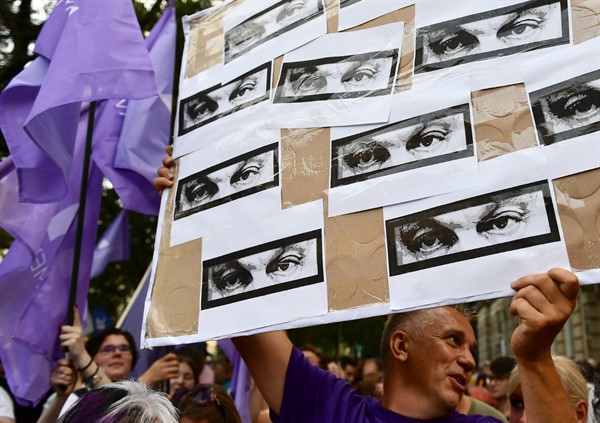Like picking up a rock in the garden, the NSO Pegasus spyware scandal exposes a repulsive world teaming with life in the muck and mire—so much so that it is tempting to put the stone back in place and pretend that world doesn’t exist. There are many layers to the story: the human cost, the murky ethics of selling powerful spy tools to states with poor human rights records, and the complexities of trying to regulate the global market for such software. They all point to a challenge that will be with us for some time, despite the popular outrage the scandal has caused.
The stories of the human cost are awful. Take Cecilio Pineda Birto, a Mexican journalist who wrote about corruption and whose phone number appears on a leaked list of 50,000 numbers that is reportedly a master list of phones targeted by NSO Group’s clients using Pegasus software. Pineda was shot dead as he waited for his car to be washed. He was 38 years old. Reading about his death, it’s impossible not to wonder whether the NSO Pegasus tool’s ability to track a target’s location, or turn on a smartphone’s camera and microphone to film and eavesdrop on them, played a part in helping his killers to track him down. And who was the customer? Was it the Mexican state, or a drug cartel? Could the answer have been both?
Pineda’s murder is just one of many stories, from Morocco’s intelligence agency spying on French President Emmanuel Macron, to Saudi Arabia, the United Arab Emirates, Azerbaijan and other governments allegedly using NSO’s technology to target human rights lawyers, activists and journalists—citizens and non-citizens alike, at home and abroad.

